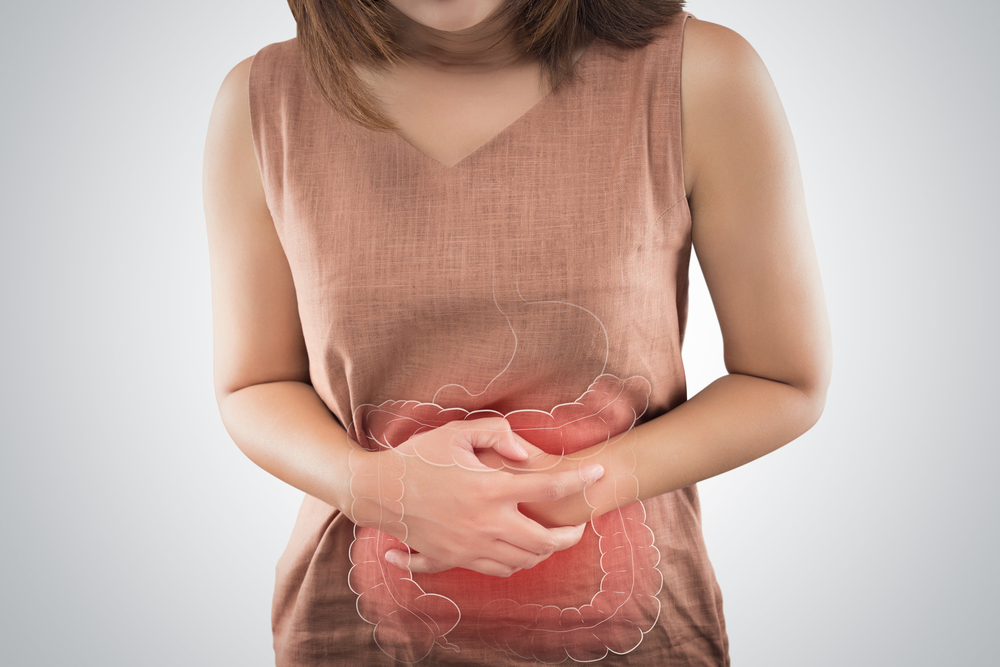Understanding the Root Causes of Colon Polyps
Discover the key causes of colon polyps, including lifestyle, genetic, and environmental factors. Learn how age, diet, smoking, and inflammatory conditions contribute to their development and how early detection can prevent complications. Maintain a healthy lifestyle and get screened regularly to reduce risks and ensure colon health.
Sponsored

Colon polyps are abnormal growths emerging from the inner lining of the large intestine. These develop when genetic mutations affect the cells, disrupting their normal lifecycle. Mutated cells fail to die as they should, leading to polyp formation. Such changes can occur sporadically before or after birth. There are two main types: non-neoplastic (inflammatory and non-cancerous) and neoplastic (potentially cancerous). Recognizing symptoms like altered bowel habits, rectal bleeding, or stool color changes is crucial for early detection.
While no single cause exists, certain factors elevate the risk. Low vitamin D levels, for instance, increase susceptibility, as vitamin D helps prevent cell mutations. Age plays a significant role, with those over 50 being more vulnerable due to decreased cellular turnover. Smoking significantly raises the risk, as it promotes abnormal cell growth in the colon lining. Dietary habits, especially high consumption of red meats like beef, pork, or lamb, further contribute to polyp development. Chronic inflammatory conditions such as ulcerative colitis or Crohn’s disease also increase risk by causing rapid cell division. Genetic syndromes like Lynch syndrome, MYH-associated polyposis, and familial polyposis are inherited factors that predispose individuals to polyps and potential cancer. Maintaining a healthy lifestyle, regular screenings, and addressing risk factors early can prevent progression to colon cancer.






